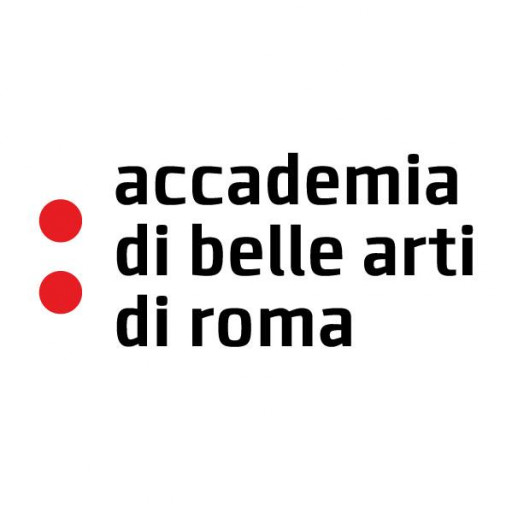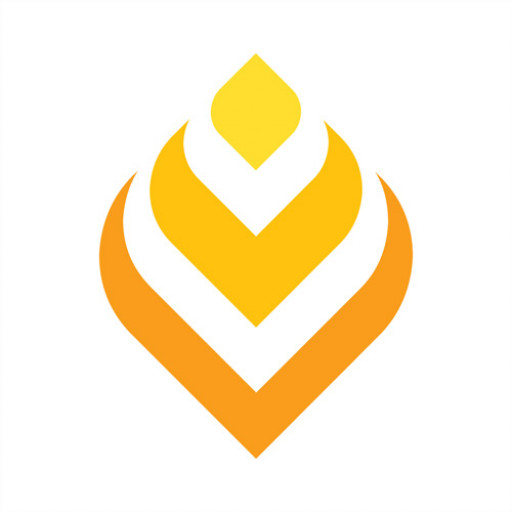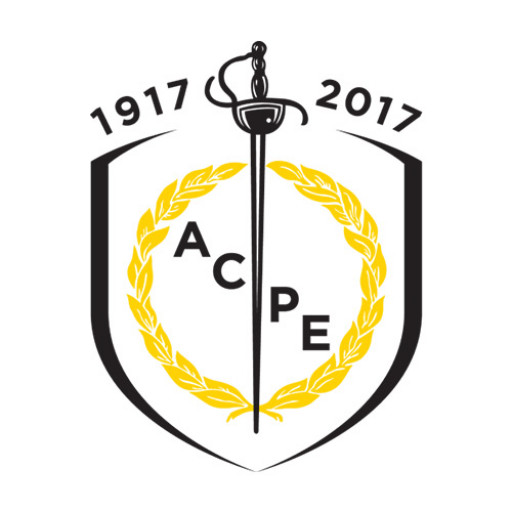Photos of university / #kieluni
The Applied Scientific Dental and Medical Education and Research (iMasder) program at Kiel University is an innovative interdisciplinary master's degree designed to prepare students for advanced careers in dental and medical sciences. This program combines rigorous scientific training with practical application, fostering the development of skills essential for research, clinical practice, and healthcare innovation. Students enrolled in iMasder will engage in comprehensive coursework that spans molecular biology, biochemistry, anatomy, physiology, and medical technology, providing a solid foundation in both basic and applied sciences. Emphasizing an interdisciplinary approach, the program encourages collaboration across dental, medical, and scientific disciplines, facilitating a holistic understanding of human health and disease. Throughout the course, students have the opportunity to participate in cutting-edge research projects, gaining hands-on experience in laboratory techniques, clinical investigations, and data analysis. The curriculum is designed to be flexible, allowing students to tailor their learning paths toward specific areas of interest such as regenerative medicine, biomaterials, or digital health. iMasder also emphasizes the development of transferable skills including critical thinking, problem-solving, communication, and teamwork, which are vital for successful careers in academia, industry, or healthcare settings. The program benefits from Kiel University's state-of-the-art laboratories, research centers, and strong professional networks, providing students with access to leading experts and innovative technologies. Graduates of iMasder are well-equipped to pursue doctoral studies or employment in research institutions, biotech firms, healthcare providers, or policy organizations. Its international orientation and emphasis on scientific excellence make it an attractive choice for students aiming to make impactful contributions to medicine and dentistry. Enrolling in the iMasder program means joining a vibrant academic community committed to advancing healthcare through scientific innovation and collaborative research, positioning graduates at the forefront of international medical and dental sciences.
Educational organisation
During the first and second semesters of the study course, the students gain a thorough understanding of the various subject-related disciplines, like in solid state physics, analytics, mathematics, etc., which prepares them for the third semester. During the third semester, instruction focuses on specialisations by various elective modules. At the end of each semester, written and oral exams are taken on course content. These can be completed within the faculty with state of the art equipment; language courses for improving writing and comprehensive skills in the German language are offered at the university.On successful completion of the first three semesters, the Master's thesis is written during the fourth semester in German or in English. Students are carefully advised on the writing of the thesis, which deals with solving a particular problem in the student's field. It can be completed within the faculty with state-of-the-art equipment, but can also be carried out in other institutions (e.g. Fraunhofer Institute for Silicon Technology) or research centres (e.g. Helmholtz Center at Geesthacht) upon arrangement with the board of examiners. The programme includes the opportunity to join the PhD programme with a teaching assistantship upon graduation.
Part-time studies are possible.
Forms of assessment
Tutorials, controlled lab reports, written or oral exams after lecture periods, final thesisCourse objectives
Successful participants of the study programme Materials Science and Engineering have a solid knowledge in the fields of functional materials like smart materials, sensor technology, microelectronics, energy and photovoltaic technology, nanotechnology and optics and have skills in basic research, material development, analysis and process. During their Master's thesis they are involved in research projects on the forefront of international research in materials science.They will learn to treat practical problems in the field of materials science as well as in adjacent domains purposively, to analyse and structure complex problems, to apply the acquired standard techniques to problem solutions, but also, based on literature search, to find and realise new approaches.
They will learn to present their ideas and results orally and in written form according to international scientific standards.
With this ability and knowledge, they are competent to work as engineers in the field of materials science, e. g., in research or development groups in industry, as consultants, team members, or leaders in projects, or as scientists in academia.
Language requirements
Evidence of a good command of English:- TOEFL 213 (computer-based)
- TOEFL 79 (internet-based)
- TOEFL 550 (paper-based)
- IELTS 6.0
Academic requirements
In principle, general university or subject-linked accreditation and a qualified (minimum) three-year Bachelor of Science in Materials Science or in a related science (e.g. physics, chemistry)Enrolment fees
An enrolment fee ("Einschreibegebühr") currently amounting to 55 EUR is charged for the first enrolment at Kiel University.A semester contribution ("Semesterbeitrag") currently amounting to approx. 120 EUR must be paid each semester. This covers free public transport ("Semesterticket"), reduced lunch prices, and other financial benefits for students.
For the latest information, see: www.studium.uni-kiel.de/de/studium-organisieren/studienangelegenheiten/rueckmeldung
Costs of living
Monthly expenses in Kiel (e.g., for housing, food) range between 700-800 EUR, depending on individual needs.Arrival support
The International Center at Kiel University offers a wide range of services and will support international students with any questions related to a successful arrival in Kiel.See: http://www.international.uni-kiel.de/en
Services and support for international students
The International Center at Kiel University offers a wide range of services.See: http://www.international.uni-kiel.de/en
Accommodation
Accommodation in Kiel is available through the office for student affairs ("Studentenwerk Schleswig-Holstein") or on the private market. Looking for a place to stay in a foreign country is not always easy. The office for student affairs supports students seeking accommodation at reasonable prices and is continually improving the quality and standard of the residence halls.In general, the chances of obtaining a room in a residence hall can be improved by submitting an application form before 15 June. The rent depends on the location and standard of the particular residence.
Please note that due to high demands for accommodation in Kiel, the office for student affairs can currently only assign rooms in residence halls to first-semester students (Bachelor's/Master's students). PhD students cannot be assigned rooms.
For information and to contact us, see: http://www.studentenwerk.sh









